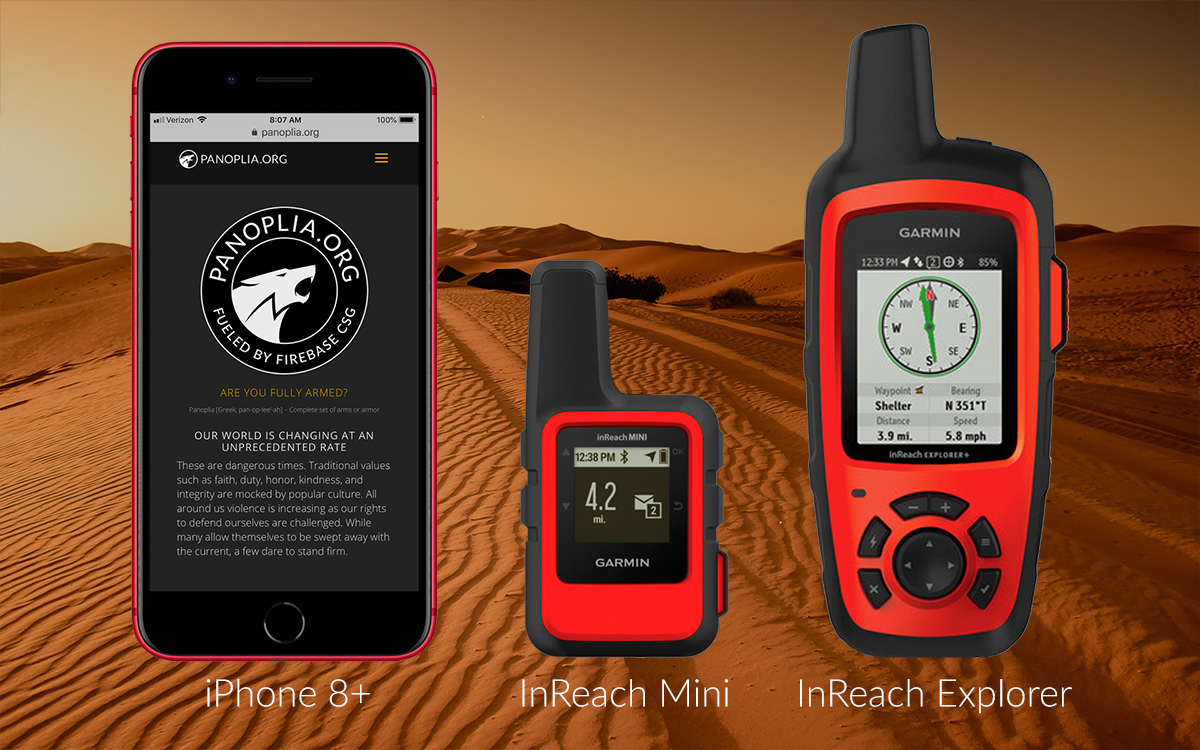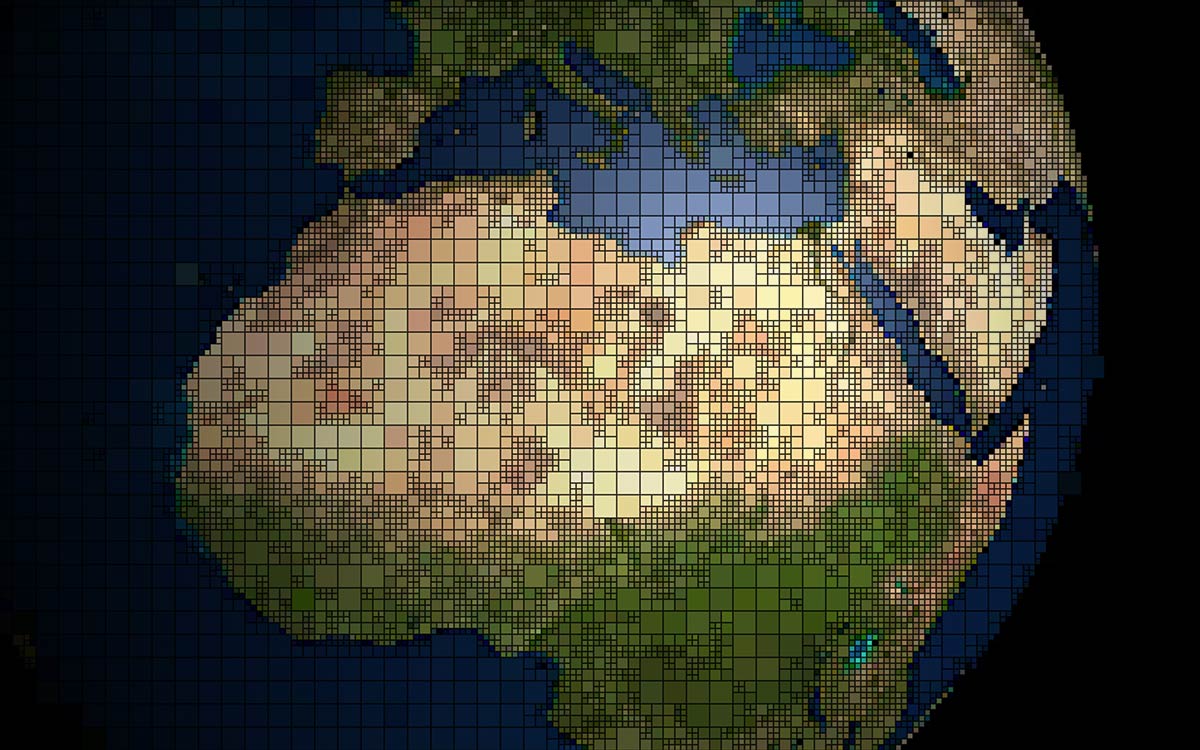My first experience serving with a small team overseas started in the mid 1980s. This lasted for the better part of a year. At that time we had only two ways of communicating back to the United States. Sending a letter was one option. This generally took a week or more to go one way. The only other option we had was a land-line telephone. The problem is that these were not as available as they are now. In fact, our place had one of the few land-line phones in the area, and many expats regularly stopped by to call their families back home. Other issues included the fact that these phones were not as reliable as they are now, and they offered little privacy.
It’s a very different world today with regard to communications. People almost everywhere have instant access to smartphones and to the Internet. Even villagers in remote parts of Africa can often communicate using encrypted apps on their smartphones whenever they desire.
The new realities in instant and encrypted communication have transformed how individuals live and work within their own countries and while serving in foreign lands. Family members can reach out to one another at almost any time. Things have changed even within the security community. Best practices and contingency plans now include training on how and when to report incidents and how to call for assistance if necessary and available.
The problem is that we’ve become accustomed to, and sometimes dependent on, instant communications. Whether it’s reaching a family member in the same town or across the world, or teams serving overseas sending in routine reports or calling for help during an evacuation, we assume that at least one line of communication will be available. So what happens when this is not the case? What do we do when we suddenly and unexpectedly lose all contact?
During a security incident that took place within the last month we lost all contact with a number of individuals working overseas. A political conflict led the local government to shut down the Internet. Mobile services were not working either. When I asked a leader based outside the impacted country for a status report on the team in country, he simply said that he had no way of reaching several of the individuals. Here’s a few words from the message I received:
At this time I have no contact with individuals on the ground… What steps should I take now…?
Thankfully, some within the country had access to a satellite phone and were able to call in. For others, it took days until we knew their status.
Shutting down almost all means of communication internally and externally during a time of political chaos seems to be a growing trend among leaders in various parts of the world. I don’t remember it happening as often as it does now. In the past, it was generally a natural disaster that cut communications. Now it seems that governments are using this as a way to limit what information can be shared about what’s actually happening on the ground.
We need to be aware of this trend, and to plan accordingly. Whether it’s trying to reach a family member, or someone serving overseas trying to call for assistance, we need to update our contingency plans so that everyone knows what to do if all contact is lost. We discuss situations like this in the online SST Course topics on Risk and Contingency (SST 01.01.04) and Base-Monitored Movement (SST 02.03.02). It’s important to adapt these principles for your own context.
We’ve mentioned the Garmin InReach Satellite texting units in a number of articles. If you’re not familiar with these, go to our “Latest Posts” page and enter the term “InReach” into the Search by Keyword area. Several articles will result from this search. This is an important third line of communications after mobile services and the Internet. Having a unit like this available will often resolve communication issues when others services are down as the result of a natural disaster or a political decision.

Satellite technology notwithstanding, contingency plans should also include action steps to be taken in case all contact is lost. We suggest this because it’s not outside the realm of possibility that a satellite phone or texting unit might be lost, stolen, confiscated, or might malfunction.
At this point you might be thinking, “That’s fine for people who serve overseas in dangerous areas, but this issue doesn’t impact me.” That might be true now, yet it’s difficult to know what the future may hold. Both natural disasters and the whims of political leaders everywhere are difficult to predict. Having alternate ways of contacting those you love in a crisis situation, and training them what to do if all contact is temporarily lost, are important steps for anyone, anywhere to take.
Unexpectedly losing contact with those you love or those you serve in a leadership role can have serious consequences. Training others for this possibility is part of helping them to live with confidence, and preparing them to have the best chance of thriving during challenging circumstances.




0 Comments